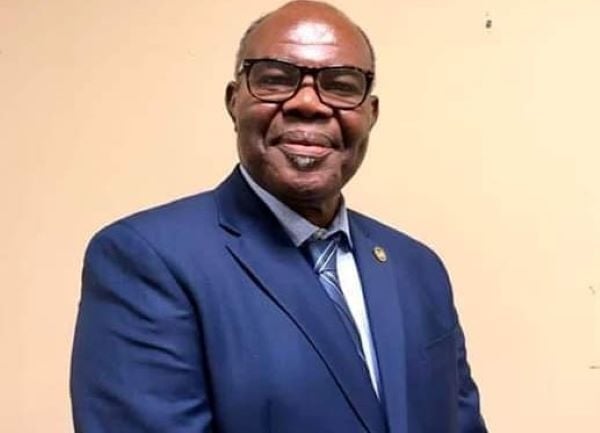Nii Ayikoi Otoo, former Attorney General and Minister for Justice, has expressed skepticism regarding the feasibility and sincerity of former President John Dramani Mahama’s recently unveiled 120-day social contract with the Ghanaian populace. Otoo argues that the pledge, which outlines a rapid implementation of various policies within a tight timeframe, is likely a campaign tactic designed to attract votes rather than a realistic plan for governance. He cautions against accepting such promises at face value, particularly those tied to stringent deadlines, emphasizing the need for voters to critically assess the practicality and long-term implications of these proposals. Otoo suggests that the 120-day timeline is characteristic of a broader trend in Ghanaian politics where the allure of election-driven messaging often overshadows pragmatic considerations of feasibility and sustainable implementation.
Otoo’s critique centers on the inherent challenges associated with implementing sweeping changes within such a short timeframe. He argues that the complexities of policy development, legislative procedures, and budgetary constraints often necessitate a more measured approach than what is typically presented during election campaigns. The 120-day pledge, he contends, oversimplifies the realities of governance and potentially misleads voters into believing in unrealistic outcomes. This compressed timeline, Otoo suggests, may serve more as a catchy campaign slogan than a genuine commitment to deliverable policy changes. He advises the public to be wary of such pledges, particularly in the run-up to elections, and to demand more concrete plans and timelines that reflect the complexities of policy implementation.
Otoo further emphasizes the importance of scrutinizing the specific details of such proposals, rather than focusing solely on appealing timelines. He encourages voters to look beyond the surface rhetoric and delve into the practicalities of how these promises would be implemented, given the existing political, economic, and social realities. Questions such as the availability of resources, the required legislative changes, and the potential impact on existing policies should be carefully considered. He warns against accepting broad, sweeping statements without a clear understanding of the underlying mechanisms and potential consequences of the proposed changes. This careful scrutiny, according to Otoo, is crucial for holding politicians accountable and ensuring that campaign promises translate into tangible benefits for the citizenry.
The former Attorney General’s concerns reflect a growing public discourse surrounding the credibility of campaign promises and the need for greater accountability in Ghanaian politics. He asserts that voters should move beyond simply accepting promises and instead demand concrete evidence of how these pledges will be fulfilled. This includes a thorough examination of the proposed policies, their feasibility, and their potential impact on various sectors of society. Otoo stresses the importance of informed civic engagement and the role of citizens in holding elected officials accountable for their pronouncements. He suggests that a more discerning electorate, armed with the ability to critically evaluate campaign promises, is crucial for ensuring that political rhetoric translates into meaningful action.
Otoo’s comments also highlight the broader issue of the disconnect between campaign rhetoric and the realities of governance. He suggests that the pressure to win elections often leads politicians to make unrealistic promises that they are later unable to fulfill. This, in turn, can erode public trust in political institutions and create a sense of cynicism among the electorate. He argues for a more honest and transparent approach to political campaigning, where promises are grounded in reality and reflect a genuine commitment to serving the public interest. He calls on political leaders to prioritize long-term, sustainable solutions over short-term gains that are often designed to appeal to voters during election cycles.
In conclusion, Nii Ayikoi Otoo’s skepticism towards John Mahama’s 120-day social contract underscores the importance of critical thinking and informed engagement in the political process. He urges voters to scrutinize campaign promises, particularly those that come with tight deadlines, and to demand greater accountability from politicians. Otoo’s critique highlights the need for a more nuanced understanding of policy implementation and the complexities of governance, urging the electorate to move beyond superficial slogans and engage with the substance of proposed policies. His call for a more discerning and informed electorate is a crucial reminder of the vital role that citizens play in shaping a more accountable and responsive political landscape.














